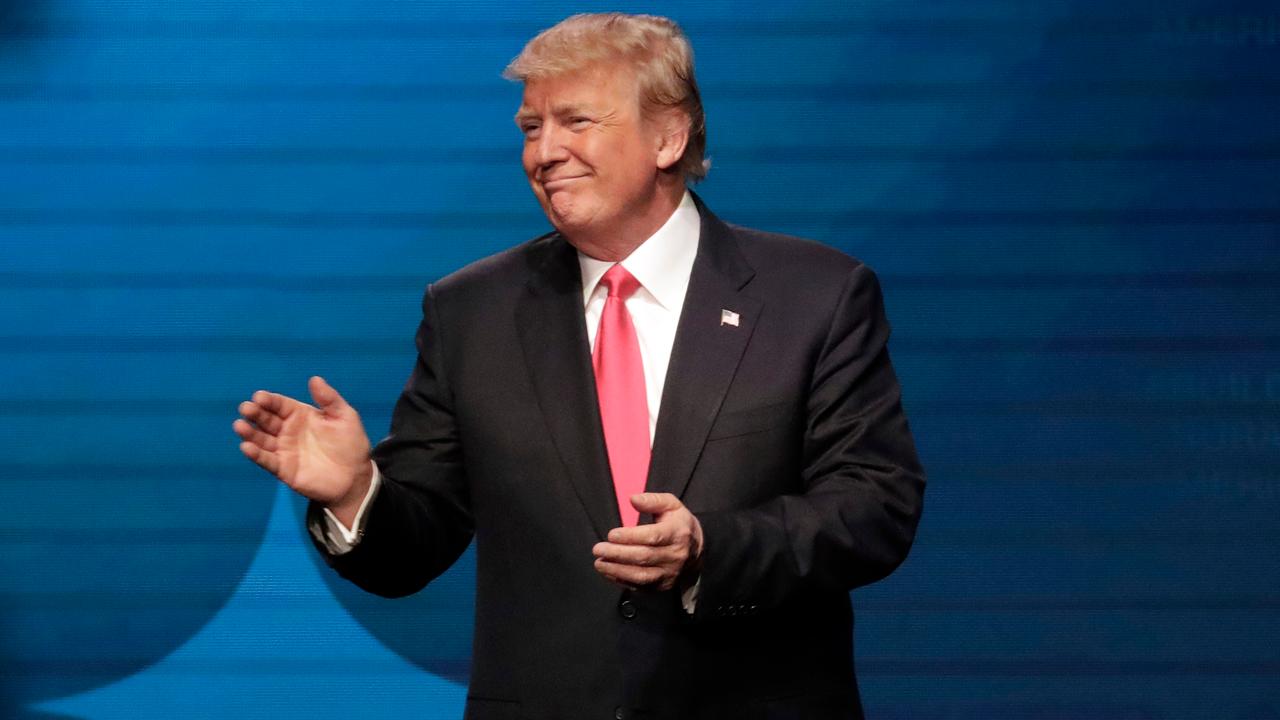Trump's tariffs: 5 things to know
President Donald Trump signed off on steel and aluminum tariffs Thursday, officially putting his seal of approval on a plan that has roiled Wall Street and stoked fears of increased trade tensions.
Steel and aluminum
The tariffs target imported steel and aluminum, with the Trump administration arguing that tariffs are necessary to protect U.S. jobs and metal factories. Imported steel from most foreign countries will be hit with a 25% tariff. Aluminum imports will face a 10% tariff. The order signed by Trump on Thursday takes effect in 15 days.
Canada and Mexico spared
For now, Trump’s tariffs exclude allies Canada and Mexico while the U.S. attempts to renegotiate the North American Free Trade Agreement (NAFTA). That decision helped drive a market rally Thursday, as the Dow closed 94 points higher. White House officials had previously suggested that no countries would get a reprieve from the plan.
“The president recognizes that Canada and Mexico present a special case, and will continue ongoing discussions with those countries to address our concerns,” the White House said.
U.S. a top importer
America imports more steel than any other nation, importing nearly four times as much as it exports. The U.S. also imported five times as much primary aluminum as it produced in 2016.
In remarks made during a White House signing ceremony, Trump attacked a process known as “dumping,” when nations ship large amounts of a product at prices below market value. “It drove our plants out and our businesses out,” Trump said.
National security in focus
The tariffs are designed in part to protect industries that are critical to U.S. national security. The White House said the Department of Commerce believes steel import levels and global excess capacity weaken the U.S. economy and “threaten to impair national security.” As for aluminum, foreign production and imports, particularly from China, have threatened to limit domestic companies’ ability to produce enough aluminum for infrastructure and national defense projects.
The Trump administration suggested that tariffs could be removed or modified if “alternative means are agreed upon to ensure imports from a country no longer threaten to impair our national security.”
Concern over consumer prices
Critics of the tariff plan argue that taxing imported steel and aluminum will increase the cost of goods, such as cars and beer. Shares of manufacturing companies that rely on the metals, including General Motors and Boeing, have been under pressure.
Commerce Secretary Wilbur Ross pushed back against concerns over consumer prices, saying the tariffs will create new jobs. He also said the 25% steel tariff would amount to 0.5% of the price of a car. That would reflect a price increase of roughly $177 on the average new vehicle.




















